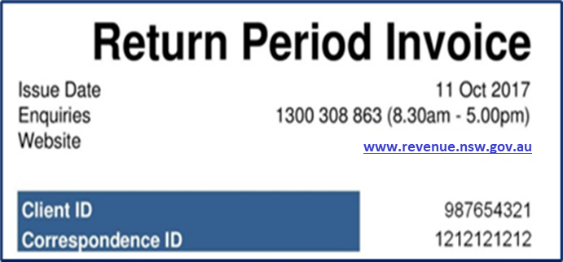1. First Home Buyers Legislation Amendment Act 2023
The First Home Buyers Legislation Amendment Act commenced 1 July, and includes the following changes:
First Home Buyers Assistance Scheme
The First Home Buyers Assistance Scheme (FHBAS) has been expanded.
For contracts that exchange on or after 1 July 2023, eligible first home buyers will receive an exemption from transfer duty for purchases of new and existing homes up to $800,000 and a concessional rate of duty for homes less than $1,000,000.
The residence requirement for the First Home Buyers Assistance Scheme will increase to 12 months for contracts that exchange on or after 1 July 2023.
See the FHBAS page for more details.
First Home Buyer Choice
First Home Buyer Choice (FHBC) is closed and is no longer available for transactions entered into on or after 1 July 2023.
Furthermore, retrospective refund applications can no longer be submitted.
Eligible first home buyers who entered into transactions on or before 30 June 2023 will have until settlement to opt in to FHBC.
Residence requirements
From 1 July 2023, the residence requirement will change for the following:
For contracts entered into on or after 1 July 2023, purchasers applying for any of the above schemes, grants or exemptions must move into their homes within 12 months of settlement and live in the property for a continuous 12-month period to satisfy the residence requirement.
Updated application forms
To accommodate the above amendments the following Revenue NSW forms have been created or updated.
First Home Buyers Assistance Scheme (ODA 066A) (PDF, 793.71 KB) – To be used for transactions entered into between 1 July 2017 - 30 June 2023.
First Home Buyers Assistance Scheme (ODA 066B) (PDF, 795.1 KB) – New form which includes the new residence requirement and is to be used for transactions entered into from 1 July 2023.
Purchaser Transferee Declaration for Individuals (ODA 076I) (PDF, 219.06 KB) – Now includes the new residence requirements for off the plan purchases. The updated form must be used for all transactions entered into from 1 July 2023.
First Home Buyer Choice (ODA 083) (PDF, 1062.76 KB) – A new version of the form is now available.
First Home Owners (New Home) Grant (OFH 001) (PDF, 1131.29 KB) – To be used for transactions entered into between 1 July 2017 -30 June 2023.
First Home Owners (New Home) Grant (OFH 002) (PDF, 1056.52 KB) – New form which includes the new residence requirement and is to be used for transactions entered into from 1 July 2023.
Exemption from Duty – Declaration by a Tenant of the Department of Housing or the Aboriginal Housing Office (ODA 022) (PDF, 578.31 KB) – Now includes the new residence requirement.
2. Revenue Legislation Amendment Act 2023
The Revenue Legislation Amendment Act 2023 removes the concessional tax rate for public landholders for acquisitions from 1 July 2023.
3. Property professionals resource centre
The Property professionals resource centre (previously Professional resource centre) has been re designed and now includes land tax resources, making it even easier for property professionals to access information when managing duties and land tax transactions.
Please update any book marks in your browser to: https://www.revenue.nsw.gov.au/property-professionals-resource-centre
4. First Home Buyers Assistance Scheme Guide
Continuing our commitment to providing more resources for property industry professionals, a new First Home Buyers Assistance Scheme Guide is now available in the Property professional resource centre.
The guide includes:
- eligibility criteria
- application and lodgement requirements
- quick links to forms and legislation.
- documentary evidence and record keeping requirements
- helpful hints.
5. Annual indexation of duties thresholds and base duty amounts
The annual indexation of duties thresholds and base duty amounts have now been published for 1 July 2023 to 30 June 2024.
The transfer duty page, EDR systems and calculators have been updated to include the new indexed amounts.
Division 3 Indexation of amounts in the Duties Act 1997 provides detailed information relating to annual indexation.



